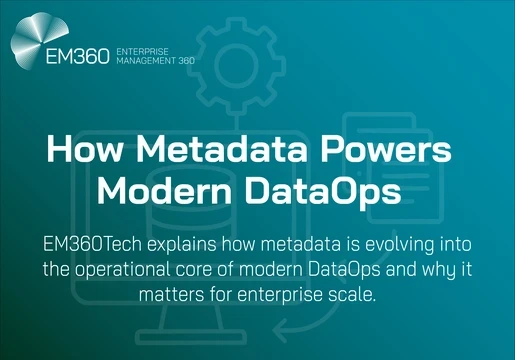Although data is the fuel of the digital economy, some data sets are evidently more valuable than others. In order to succeed, organisations must learn how to differentiate between quality data and poor data.

Assessing the quality of data
Over the course of two years, the president of Data Quality Solutions and two Cork University professors conducted a report to determine the quality of company data. In their report, they collected 75 data quality measurements using the Friday Afternoon Measurement (FAM) method. FAM entails instructing managers to assemble 10-15 critical data attributes for the last 100 units of work completed by their departments.
In effect, this creates 100 data records which managers and teams then analyse in order to mark obvious errors. The total number of error-free records is a number that can range from 0 to 100. This figure essentially represents the "percent of data created correctly - their Data Quality (DQ) Score." By taking 75 executives through this exercise, the researchers found that only 3% of DQ scores were "acceptable" using the "loosest-possible standard."
On average, 47% of the newly-created data records had at least one critical error. “I'm not at all surprised,” Jay Marwaha, CEO of predictive behavioural analytics company SYNTASA commented. “Data is the battery that drives your car and still enterprises have huge issues with data quality.”
Prioritisation of data management
According to TechTarget's annual IT Priorities survey, IT professionals are prioritising investment in data management this year. However, it is evident that many are still failing to realise the true value of company data.
In the FAM study, the variation of DQL scores was significant. In fact, individual tallies ranged from 0% to 99% which suggests that "no sector, government agency, or department is immune to the ravages of extremely poor data quality."
By 2022, Gartner predicts that 90% of corporate strategies will explicitly cite information as a critical asset and analytics as an essential competency. However, investment in data management is integral to unlocking value from enterprise data.
Interested in data? Watch this week's Tech Chat on Data Protection Strategies and RPA.







Comments ( 0 )